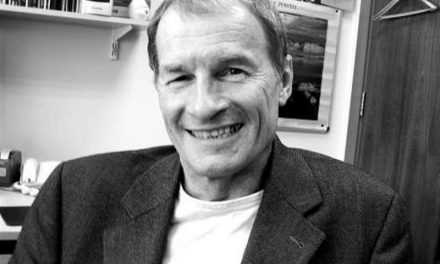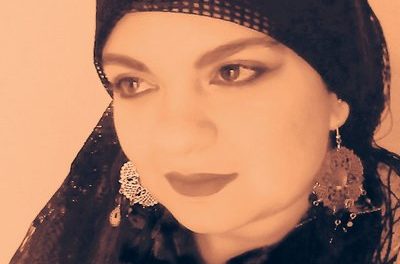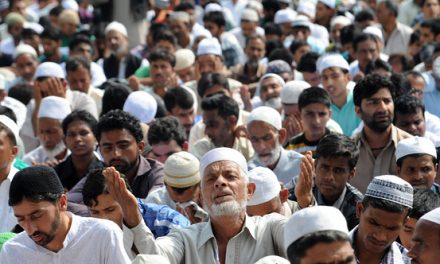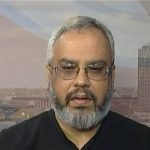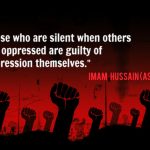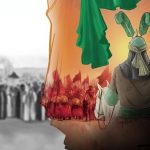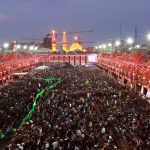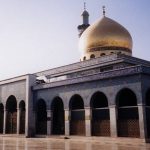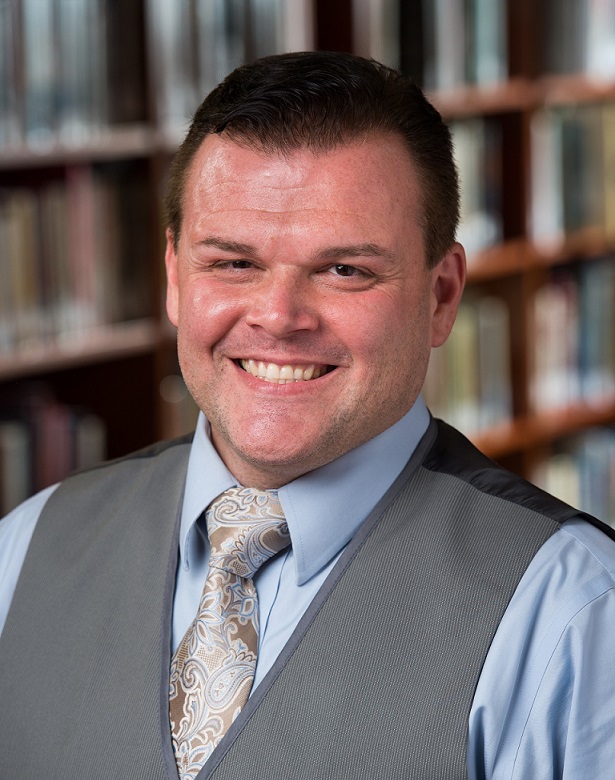
Shia Followers has conducted an interview with Dr. Matthew Crosston, an acclaimed author and political commentator, to discuss Shiaphobia and Shia-Sunni divide.
“The overwhelming condition of Shia Muslims has been a tale of political isolation and at least somewhat repressed social/living conditions,” he told Shia Followers.
Here’s the full transcript of the interview:
How do you analyze the living conditions and political status of Shia Muslims across the Middle East?
Matthew Crosston: When you move outside of the few recognized majority populations that have persisted over time across the Middle East (Iran, Bahrain, Iraq, and to an extent Lebanon), the overwhelming condition of Shia Muslims has been a tale of political isolation and at least somewhat repressed social/living conditions. While there is no doubt some historical legacy persists in justifying this mistreatment overall (Shias themselves can in some ways point to a proud legacy of protest within Islam and have in contemporary times been forced to consider themselves a ‘persecuted religious minority’ surrounded by a dominant and unforgiving or unaccommodating Sunni political majority), the reality is that ruling Sunni parties across many Middle East states have always utilized the Sunni/Shia divide on multiple levels for political exploitation and manipulation in order to maintain their own grip on power at home. Regardless of where you place the chief emphasis or focus, the reality is that for countless decades there has been a multi-faceted system of social repression and political ostracization for Shia communities across many Middle Eastern states.
Do you think Shiaphobia is on the rise?
Matthew Crosston: Given the fact that we have to consider the social and political status of Shia communities generally repressed, it is hard to quantify whether or not ‘Shiaphobia’ is on the rise or simply maintaining a depressingly prevalent status quo. The emergence of a so-called “Shia Crescent,” talked about in the West at great length approximately a decade ago, not only did not truly arrive on the political or religious scene, it may have had the unintended consequence of creating greater tension and hostility from the Sunni majorities. It was clearly manipulated by ruling elites wherever they felt the possibility of Shia political mobilization, trying to inspire greater prejudice towards the Shia minority. Relatively recent history and America’s impact on global foreign policy has also clearly not helped how regular Shia communities are perceived. American foreign policy has been hard-pressed to evolve beyond the psychological trauma it received during the Iranian hostage crisis during 1979-1980. General animosity from and toward the Iranian theocratic ruling elites has clearly, and inaccurately, been a stimulus for many different states and organizations to paint all Shias with a broad discriminatory brush. So, while it may not be on the rise, per se, it is clear one persistent and vicious form of Shiaphobia is seen by having all Shias, regardless of physical location or political philosophy, seen as intimately and deeply tied to the theocratic declarations and posturing of Iran’s Guardian Council. Western scholarship, and most certainly Western media organizations, could do a much better job.
To what extent is the Shia/Sunni divide important in anti-Shia sentiments?
Matthew Crosston: It is impossible to say this divide is irrelevant. But I personally do not fall into the camp that thinks the so-called religious reasons for the divide are the chief motivating factors. There are ample examples across the Middle East where regular Sunnis and Shias live side-by-side, peacefully, even while acknowledging and recognizing there are real disagreements between them when it comes to how they view and interpret the proper way to live as a worshiping Muslim. This reality tends to be underplayed in the global media in favor of more extreme and isolated examples of intolerance, conflict, and violence. In too many cases it is far too easy to see tensions being purposely stoked by ruling elites/parties for political purposes and individual gain. On a larger stage, the long-standing political rivalry between Saudi Arabia and Iran also plays a hugely influential role in this divide. While the powers-that-be in these two countries will use fiery religious rhetoric to describe the animosity and importance of this rivalry, the fact of the matter is the true division between the two countries is very much purely political and contemporary. In essence, we are witnessing the battle for what I call ‘regional hegemony:’ which state is going to be the true global representative for the greater Middle East? Who should dominate the region in terms of political, cultural, and economic advantage? These two questions are the most important. Unfortunately, religion is often used as the hammer to drive the divide ever deeper and make it fraught with more tension, even though the two countries really are not battling over religious faith.
What factors or forces have contributed to the Shia/Sunni divide?
Matthew Crosston: I ended my answer above with some of the major modern factors and forces driving this divide. While it is without doubt disconcerting, as we have seen just how devastating this political ‘great game’ between two powerful countries can be on smaller countries caught in the crossfire: for example, the Yemen crisis, which shows no end in sight and is more than just about foreign policy, terrorism, and political power, but is now much more about humanitarian, social, and ecological crises. While perhaps controversial, there is something to the adage that ‘religion is but an instrument for state ambition’ in the Middle East. This usually upsets many, as they interpret it as dismissing honest faith and true believers in their religion. That interpretation is an overstatement. What bothers me more is the fact that the Sunni/Shia divide truly based on religious debate and differing interpretations of the Muslim faith tends to be smaller and more moderately expressed, whereas the Sunni/Shia divide that gets manipulated by and infused with local, state, and regional politics (often having nothing to do with religious content at all) ends up being much more violent, reckless, and damaging to the greater Middle East. Despite this reality, most people in the West think quite the reverse: that ‘normal’ Sunnis and Shias hate each other and are eager to kill each other over nothing except religion and it is the ruling elite that keep civil wars and ethnic/religious wars from erupting. This, to me, just seems to be poor understanding and a horrible misrepresentation of the majority of Muslims in the Middle East.
What have been the consequences of this division?
Matthew Crosston: The consequences of the manipulation of this division have been truly stark: it isn’t so much about the repression and isolation of Shia minorities all over the Middle East (though this is happening); it is about missing possibilities for greater unity and understanding between the various religious expressions of Islam. There is something to be said for the idea that success in moderating tension and conflict on the religious stage could be impactful and helpful in teaching communities how to engage and overcome problems on the political stage. The Sunni/Shia division, so far, has been taken advantage of for convenient political purposes at the expense of regular people and greater regional peace. Grassroots activism is often considered influential in making new roads of communication and understanding in situations like these. But the same ruling elites that have manipulated the division for their own purposes have also been very dutiful in making sure societal structures across the Middle East either do not allow outright or make it extremely difficult for true grassroots organizations to emerge. And that, in the end, might be the worst consequence of all.
Dr. Matthew Crosston is Senior Doctoral Faculty for the American Military University in the Strategic Intelligence and Global Security doctoral programs. He is also an acclaimed author and international speaker who consults with governments, media organizations, and academic institutions on a range of issues covering peace mediation, human rights conflicts, resource dilemmas, intelligence, change leadership, and education innovation. He is Senior Research Fellow for the Institute for National Security Studies in Tel Aviv, Israel, Senior Advisor for the Research Institute for European and American Studies in Athens, Greece, Senior Fellow at the China Eurasia Council for Political and Strategic Research in Nanjing, China, and was the first American invited to conduct a political analysis blog for the Russian International Affairs Council in Moscow, Russia. His works overall have been translated into Russian, Arabic, Chinese, Indonesian, Hebrew, Spanish, Turkish, Farsi, Greek, and Uzbek.

